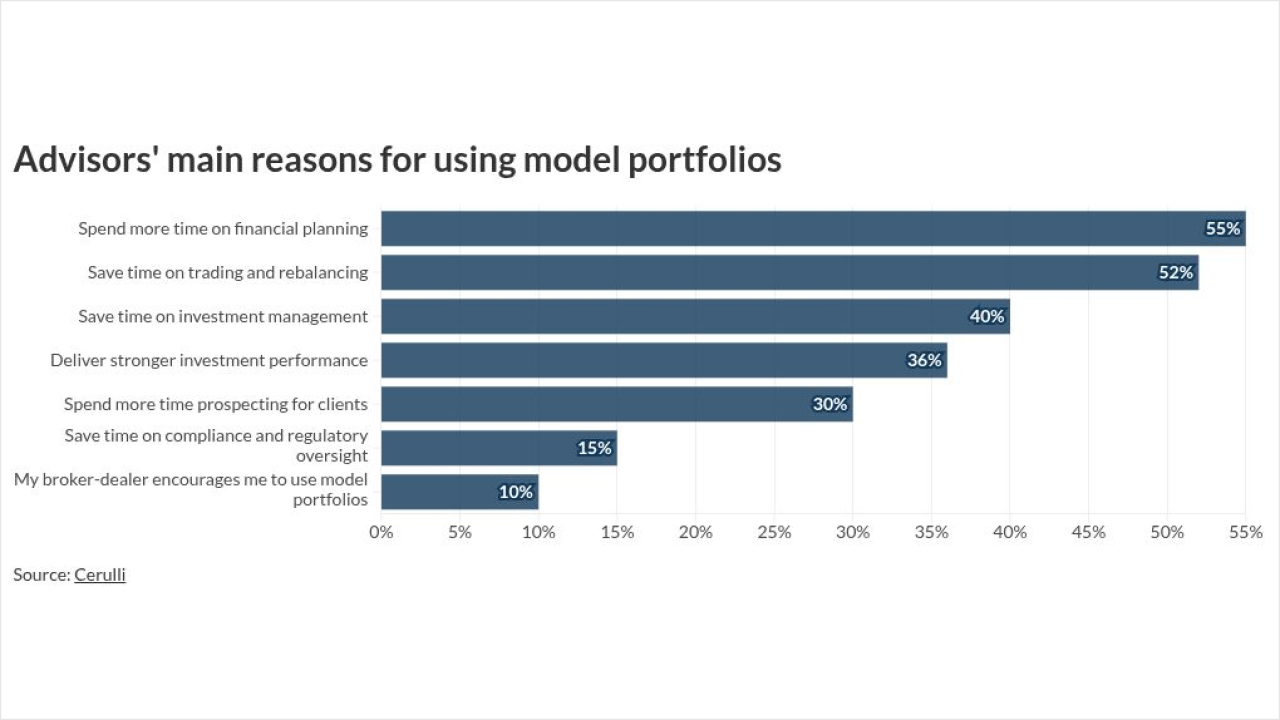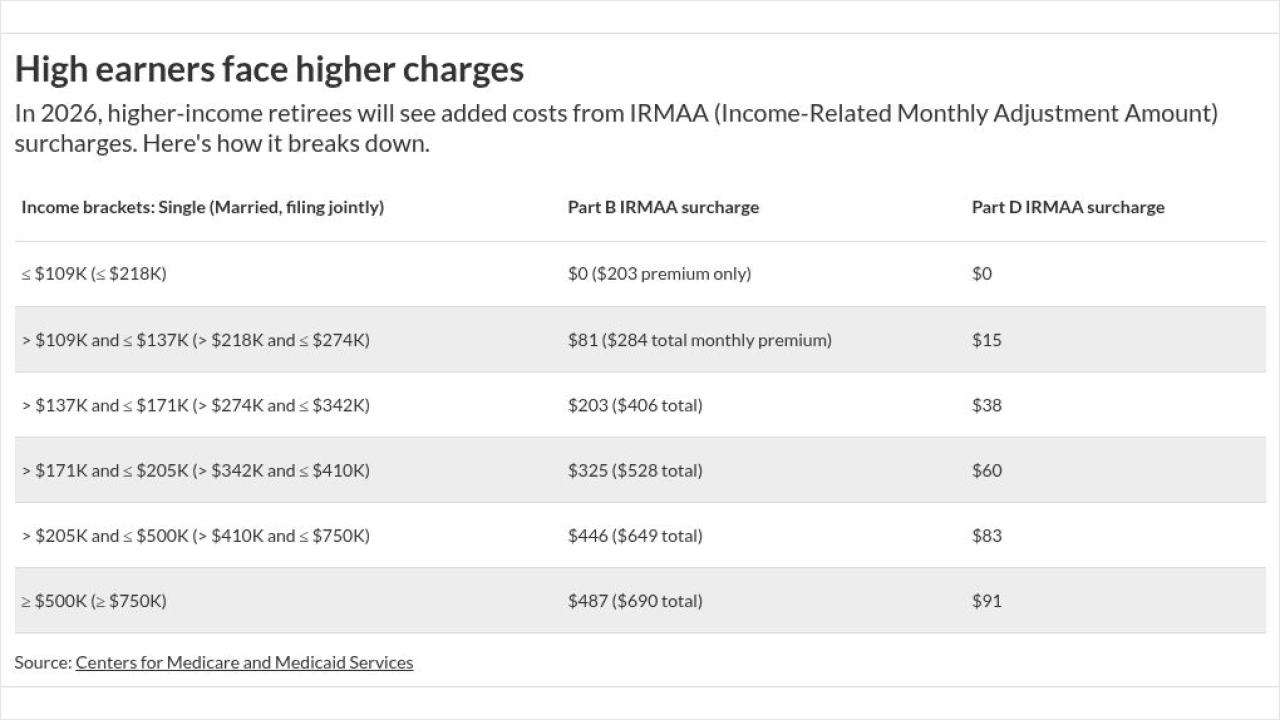Seated before a packed conference hall at the recent Morningstar ETF conference, Stephen W. Clarke, president of Navigate Fund Solutions, extolled the virtues of Eaton Vance's actively managed, non-transparent ETFs, which the SEC approved last December.
Now branded as NextShares, Clarke talked up its confidential trading ability until an audience member bluntly asked what many advisors have wondered: "It's been a year since approval, but it not in the market yet. What's the hold up?"
It's a question Navigate, which is a subsidiary of Eaton Vance, is prepared to answer with details about what has been an ongoing effort since last year to finalize trading processes, add product sponsors and address any lingering regulator concerns.
The firm doesn't see any regulatory issues popping up and preventing a market release, explains Jonathan Isaac, managing director of Navigate Fund Solutions, who points out that it already has 12 licensing agreements in place with asset managers, including Hartford Funds, Gabelli Funds, Alps Advisors and Columbia Threadneedle Investments.
"It's a new product, and I think the SEC is taking its time because it realizes that it has never approved one of these things before," Isaac says. "I'm sure it also recognizes that what they approve is going to then be taken by everyone else. It speaks to what a big step this is. It's like the first ETF, or the first active ETF. Therefore I think the SEC is quite rightly taking it's time in exactly the comments that they make in terms of the filings. But I don't think there's anything that we see as a stumbling block."
Aside from managing final regulatory processes, Isaac says Navigate has busied itself with laying the technical groundwork for trading the product, and developing its market distribution.
The products will be traded on NASDAQ, and the new exchange has proven its readiness,Isaac says.
Now, the challenge for Navigate is building up market interest within the trading community and among the skeptical segment of advisors, like the gentleman who questioned Clarke.
"We know a lot of firms like it and want to do it, and are just waiting for broker-dealer adoption," Isaac says.
TWO TRACKS
The firm has worked on two tracks to gain adoption with asset managers and broker-dealers simultaneously, Isaac says.
The firm already is confident with its penetration into asset managers, he notes, with $600 billion in assets under management already.
"Obviously we expect more, and hope that more will join," he says. "But we feel like we have a group of really well-known names and the breadth of the kinds of products that they manage is important."
It's a selling point that Isaac says his team makes: that NextShares can be applied toward any equity class.
"To be able to demonstrate from early phase that you can manage equities, manage fixed income, manage alternatives in the wrapper is an important step, and the managers we get span all of those things and have considerably sized mutual funds in those areas."
To date though, the firm has only one broker-dealer agreement, with Steve Wallman's online brokerage Foliofn.
Isaac says that Navigate only began developing its broker-dealer outreach in the spring.
"I would say we're having extremely good conversations with a large number of broker-dealers," he says. "I don't think there is a single one out there that does not recognize this is a good idea, and something that is in the best interest of their shareholders.
"It's something that financial advisors will adopt, but its a process," he concedes. "I look at this as once one block falls, several others will fall. You get one or two major broker-dealers, are the others going to sit out?"
'NOTHING TO SELL'
Navigate's outreach to advisors and the public will need to be curated with education in mind, Isaac says.
For instance, the company wants to stress that though they were initially known as nontransparent ETFs, NextShares are not ETFs, because their trading prices are linked to a fund's next daily NAV, rather than the time they are traded in the market, and they are not suited for short-term trading.
Or, that while they will be cheaper than traditional actively managed funds, NextShares will not be as cheap as indexed, passive ETFs.
"It's been important for us to recognize where we are," Isaac says. "The product hasn't launched yet. There's nothing to sell in terms of a wholesaler going to an FA to talk about a NextShares fund."
That's why there's been a strategic process, he says, in deciding who will be selected to sell the product, and educate and train advisors and investors.
"We see education as absolutely critical to this whole effort," he adds.
'LIKE 1993'
Two interesting aspects of the efforts, Isaac acknowledges, is that the firm, though supported by Eaton Vance, is still small, but tasked with managing the roll-out of a brand new product.
"Again, this is a big deal, it's like 1993 with ETFs suddenly emerging."
But don't call Navigate a startup.
"We've been working four years to get this through the SEC, it wasn't that on that day in December last year that things had to change," he says.
It's also a product that also happens to be licensed out to direct asset management competitors of Navigate's parents - the need to keep a neutral provider giving reason for Navigate's creation in the first place. The balancing act has been delicate, Isaac admits.
There's also the specter of competition. The firm notes "there is no evidence that any competing ... structure is nearing approval." But there have been failed efforts, most notably a joint proposal from BlackRock, the world's largest asset manager and Precidian Investments, which was then withdrawn by the firms.
Would Navigate reach out to BlackRock and offer it a licensing opportunity with Nextshares? Isaac laughs.
"There's no one too big to talk to."





